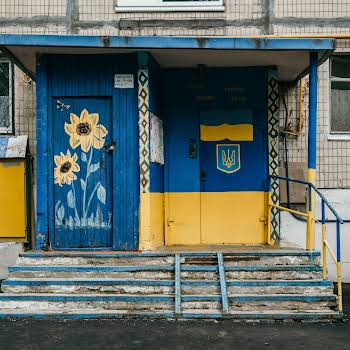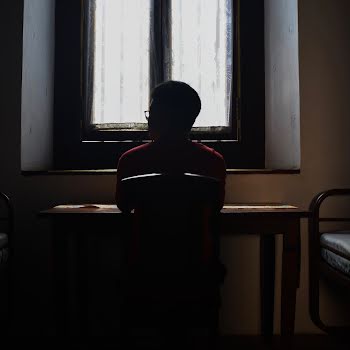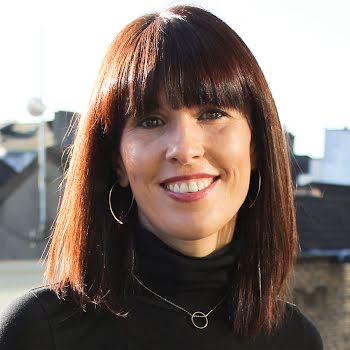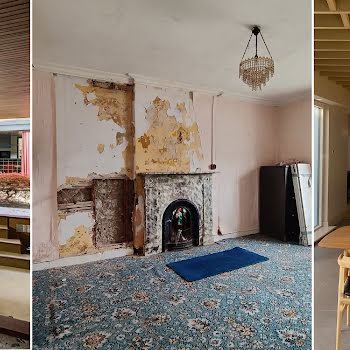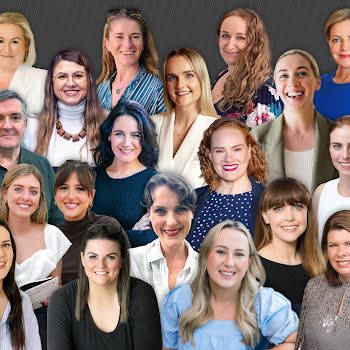A look at Government’s plan to replace direct provision by 2024
The Department of Children and Equality has released plans to replace direct provision with an international protection system by the end of 2024.
26th Feb 2021
This news comes a few months after the expert working group produced their report, titled the Day Report after lead advisor Catherine Day, which suggested ending direct provision by 2023. That report was not a binding decision but a recommendation for this White Paper from the Department of Children and Equality.
First Phase
This new detailed roadmap puts forward a two-phase replacement for direct provision, with the first phase expected to take four months. Those applying for refugee status will be directed to six reception centres, which will be state-owned and run by not-for-profit organisations. This is a big shift from the current scheme, where only seven of the 39 direct provision centres are state-owned and most are run by for-profit businesses.
Advertisement
People arriving at these reception centres will be assessed to see what kind of accommodation and care they require and encouraged to integrate into the community immediately through healthcare, legal aid and education supports. These reception centres will provide own-room accommodation for single people and own-door accommodation for families.
Second Phase
If applications are still being processed after four months in the reception centres, applicants will to the second stage and into social housing in the community. These will be self-contained houses, apartments, own-door or own-room accommodation depending on their needs and rent will be means-tested.
Applicants who have been here for six months can find paid work and will be assisted in their search. All applicants will be eligible for an allowance and this will continue for those who gain employment. They’ll also be able to open an Irish bank account and apply for a driver’s licence, something that has been a point of contention for human rights activists as the inability to drive severely limit job prospects for those living in direct provision centres.
Implementation
The Irish Refugee Council has been calling for the end of direct provision since October 2001, when it was just a one-year-old “temporary” measure.
The change of terminology in this White Paper is an attempt to rebrand Ireland’s heavily criticised approach to people seeking asylum, but it remains to be seen whether it will truly become an “international protection system”. The report also doesn’t mention plans for the nearly 7,000 people currently living in direct provision, 3,000 of whom have been in the system for more than two years.
However, at least swift implementation now looks likely.
Advertisement














